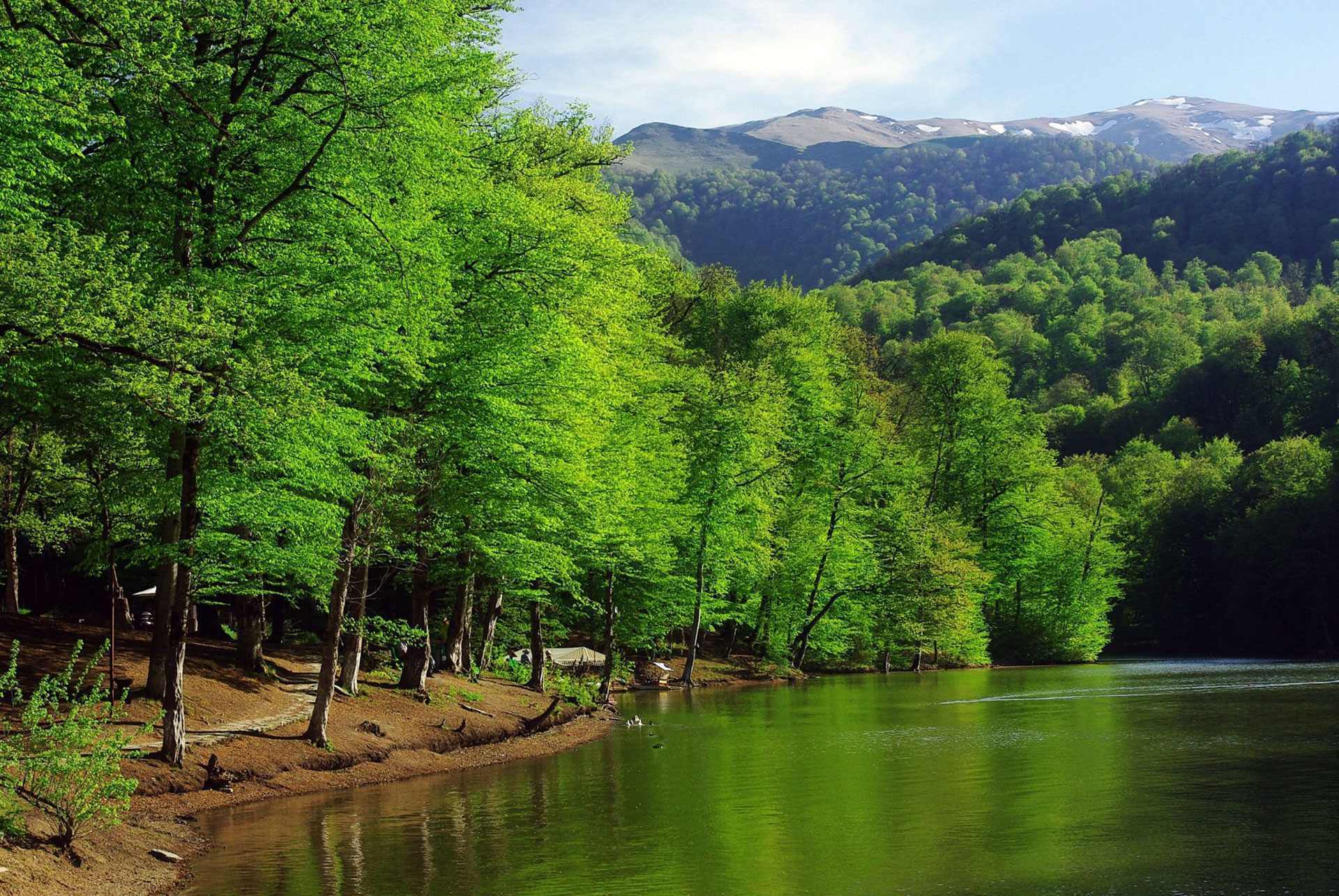In recent years, tourism has undergone significant changes driven by socio-economic, technological, and cultural developments. These changes have led to the emergence of new, more responsible, and environmentally conscious travel models. As part of the “Regional Tourism Forum,” we explore the trendiest terms in tourism.
Ecotourism is a form of travel focused on the preservation of nature and the environment. It encourages tourists to visit natural areas, explore their uniqueness, and minimize their impact on the environment.
Ecotourism does not involve luxury hotels or high-end services. Instead, it typically includes hiking, camping, wildlife exploration, and participation in community-based environmental programs.
Key Principles of Ecotourism:
- Environmental Protection – Supporting the conservation of ecosystems and reducing harmful emissions affecting nature.
- Local Community Development – Helping local residents by creating job opportunities and new economic prospects.
- Responsible Travel – Respecting the environment, using natural resources efficiently, and avoiding pollution.
- Cultural Heritage Preservation – Protecting and respecting local cultures and traditions.
Ecotourism greatly contributes to environmental conservation by raising tourists’ awareness of ecological issues and encouraging them to support nature preservation. Moreover, it plays a crucial role in economic development, offering new income sources to local businesses, including guides, traditional food producers, and artisans. Sustainable ecotourism also ensures the long-term growth of the tourism sector by preserving natural areas while promoting tourism activities and community well-being.
Armenia offers excellent conditions for ecotourism, particularly in Dilijan, one of the country’s most beautiful and green cities. Dilijan is known for its dense forests, fresh air, and rich natural resources. It is home to Dilijan National Park, which protects the region’s unique flora and fauna. Numerous hiking trails allow tourists to explore nature’s beauty, visit mountain rivers, and experience refreshing natural springs.
Additionally, Dilijan provides a healthy climate with unique healing properties. The city also features eco-friendly lodges and guesthouses that offer organic food and responsible tourism options. As a cultural hub, Dilijan boasts ancient monasteries, traditional crafts, and artistic initiatives, making it an ideal destination for ecotourism enthusiasts.
Ecotourism is not just about travelling, it’s an opportunity to contribute to environmental conservation. It promotes responsible tourism and benefits both the environment and local communities.
You can watch a video on the trendiest terms in tourism on our social media pages: Instagram, Facebook.

